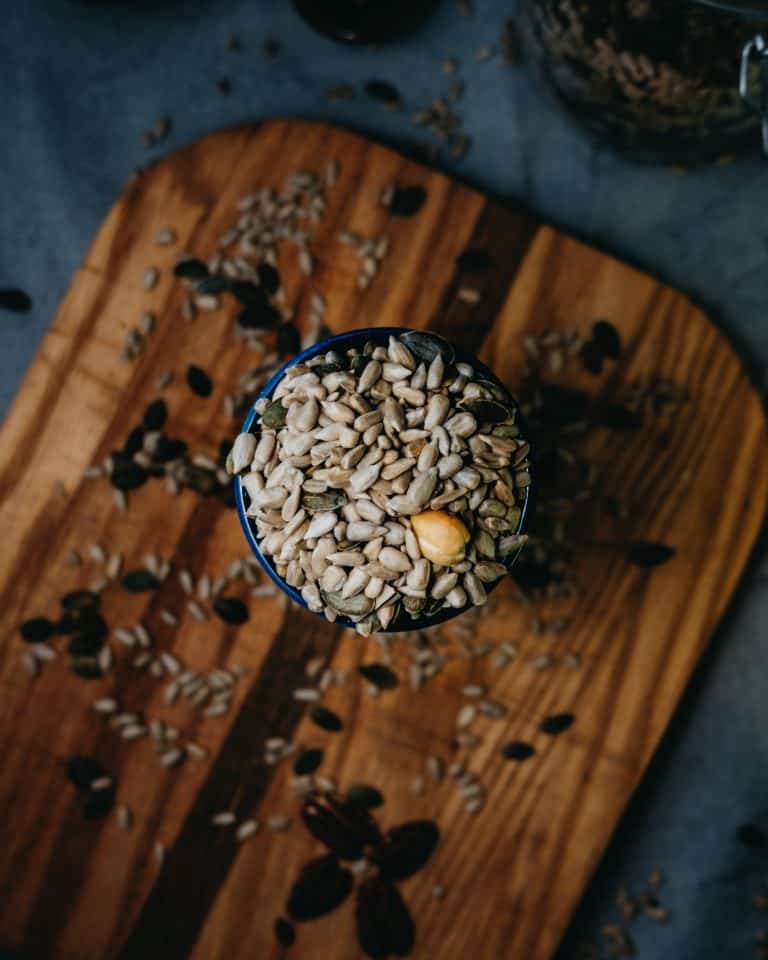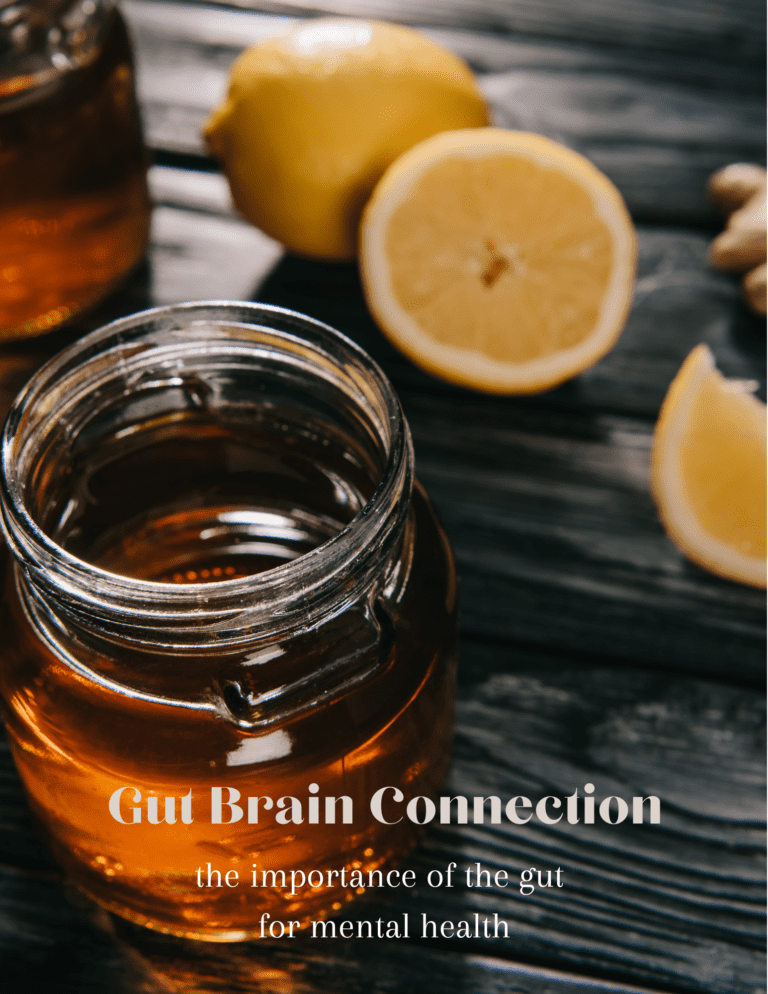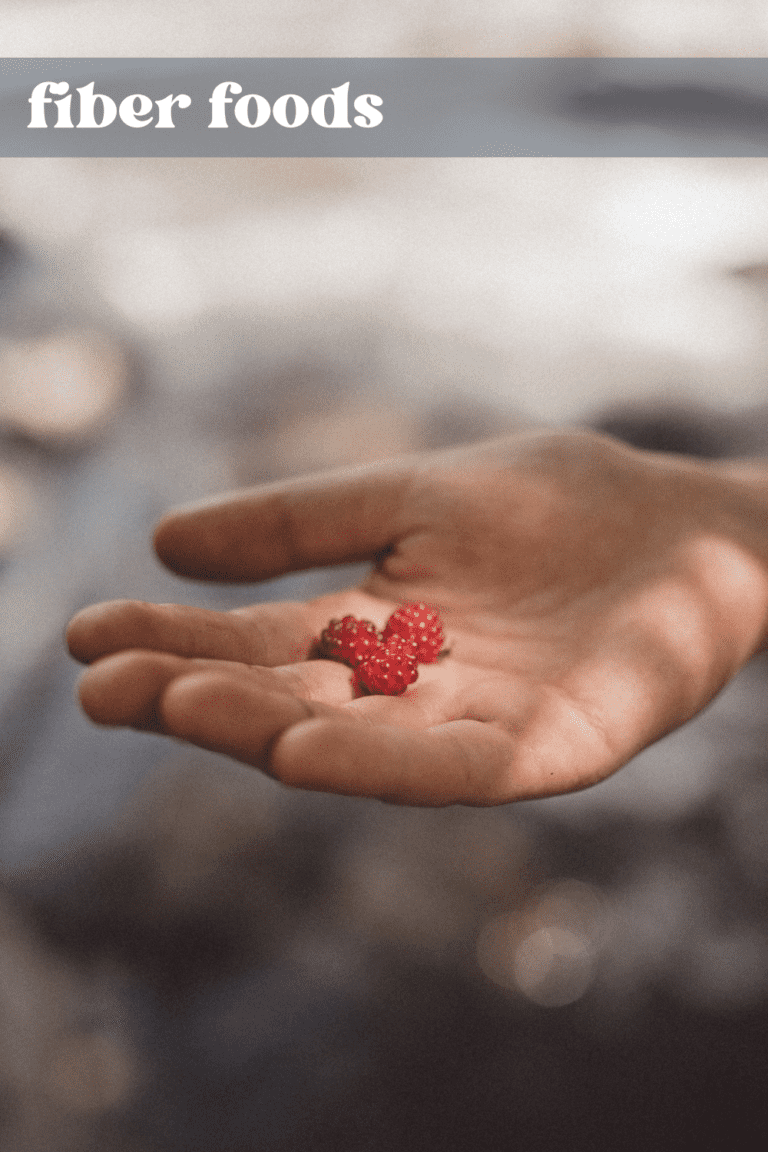After seeing a very influential woman on Instagram run an entire business on the basis of how she healed her fertility (specifically, endometriosis) and improved her metabolic health through the reduction of Polyunsaturated Fatty Acids (PUFA’s), I was very intrigued. She calls her diet the “metabolic diet” and promotes that it’s a more simple, fundamental way of eating like we were biologically designed to.
Polyunsaturated fatty acids are considered essential nutrients, so to see a large amount of people restricting them had me curious as to why. I was also interested in the supposed enhanced fertility aspect of this diet.
I did some research into this metabolic diet that she promotes and these are basically the principles she follows:
- Saturated fats are desired (meat, dairy, etc.) over any other fats
- Meats should be grass fed only
- Limit the amount of Omega-6 PUFAs
- Increase Omega-3 PUFAs
- Eat frequently throughout the day
Now, I know there are some red flags immediately, but I wanted to do my own research. Maybe there was something I was unaware of and there are, in fact, some positive aspects to this diet.
Nutrition is constantly changing so, in order to keep up, I need to do regular research. I am always open to evolving science.
I’d like to share what I found and some key takeaways from the current research.
What are Polyunsaturated Fatty Acids (PUFA’s)?
To give a little background, there are 2 essential fatty acids that the body needs. They are “essential” because we can’t make them on our own and need to obtain them from dietary sources. Our brain is made of almost 60% of these 2 fatty acids (1).
The two fatty acids are:
Omega-6 & Omega-3
You may have heard of these. They are smacked on almost every label in the grocery store. Anyway, we need them. One of these is very easy to obtain. Omega-6. Too easy almost, which is why this has become a “concern”.
I’m going to break down each and explain what they do.
Why does her metabolic diet consider PUFA’s “worse” than other fats??
Let’s whip out some chemistry. These fatty acids contain a double bond, unlike their counterparts. When these molecules are broken down, they become susceptible to “radicalization”, which sounds cool, but it’s not (2). They basically become unstable molecules called Free Radicals. Free radicals actually cause damage in our body if not regulated by antioxidants. (This is why foods with antioxidants are so important).
Our agriculture has changed over the years too. Animals are fed with corn and feed is rich in omega-6 fatty acids (3), which contributes to an overabundance of omega-6 in the diet. As we know, too much of a good thing is never a good thing.
Omega-6
This fatty acid has been labeled as the “bad guy” by many of these PUFA-limiting diet advocates. They claim that this fatty acid is inflammatory since it produces arachidonic acid (AA), which is considered to be pro-inflammatory. This acid has, in fact, been shown to be pro-inflammatory and also produces isoprostanes, which also enhance the production of free radicals (2).
To put it more simply, omega-6 can cause inflammation in higher doses. I want to note that inflammation is not always a bad thing. Acute inflammation actually is beneficial for our bodies, but chronic inflammation is what we associate with chronic disease.
Omega-3
Omega-3’s are the “good guys” and have an anti-inflammatory effect. The higher omega-3 concentration, the less omega-6, and therefore we have less inflammation.
Sounds like it makes sense why she would be decreasing her Omega 6 consumption, right?
What I found
I researched a lot of articles on this topic and I would just like to note that, one of the articles I read claiming PUFA’s are inflammatory, used very biased language. I could feel, when reading the research, that they were fully against omega-6 fatty acids.
SIDE NOTE: be weary of any article using biased language. A good research article will use very neutral tones. Especially in research. Words like “toxic”, “poison”, “dangerous” should not be used when someone is just stating the facts.
Two articles that I found argued that Omega-6 produced inflammatory markers, which seems to clearly be the case, but one of those articles also showed that Omega-6’s ALSO produce anti-inflammatory markers (1)(2). So yes, Omega-6’s may produce inflammation, but also aides in producing anti-inflammatory products as well.Another article I found indicated that Omega-6’s actually produce very little arachidonic acid (AA) (4), which is the acid that aids in producing inflammation.
One study found that by decreasing Omega-6 in the diet, we can increase our omega-3 concentration (5).
Lastly, almost all of the articles I came across explained the enormous benefits of Omega-3’s. They can help enhance cognition, improve mental health, and help prevent dementia (1).
How does this affect fertility?
This claim really stumped me because women need fat in order to become pregnant and maintain a healthy pregnancy. It’s in our core biology. If you don’t have enough fat because of low body fat, for example anorexia, you will stop menstruating. So, I was super confused on this one.
Apparently, PUFA’s had been thought to increase Androgen, which was thought to affect female fertility (6). But that has since been proven to be inaccurate and androgen has actually been shown to produce an anti-inflammatory response (7).
A diet that is conducive to fertility includes foods rich in omega-3, legumes, vegetables and lower carbohydrates, which showed a 40% increase in pregnancy for after one study looked at the diet of IVF participants (6).
What is the take home message?
It’s safe to say that Omega-3 is a particularly key nutrient in fighting inflammation and chronic disease. Though both are essential, our current diet seems to have an abundance of omega-6.
Is this a bad thing? I don’t think so. I believe that, since Omega-6 has proven to have anti-inflammatory benefits, as well as, produce limited arachidonic acid, it’s not something we should be fearing. There are a lot of factors at play when it comes to inflammation. Even poor gut management can lead to an inflammatory response. Singling out one nutrient, especially an essential one, as a “culprit”, is like saying “the heart surgeon at this hospital is giving everyone COVID”. It’s likely that COVID is spreading because a wide variety of factors, but that doesn’t mean you get rid of the only heart surgeon you have and need.
Since consumption of Omega-3 has a proven to have anti-inflammatory effect, I think our focus should be more on increasing Omega-3 rather than decreasing Omega-6’s.
Also, it doesn’t seem that fertility is affected by PUFA intake much and there are a lot of other key factors at play when it comes to female hormones. I would have to do more research on this, but from what I’ve found so far, PUFA’s are very beneficial to female health and fertility.
What would I recommend compared to the “Metabolic Diet”:
- Focus on increasing Omega-3 containing foods or supplementation. This is one that I would consider supplementing if you don’t like foods that have omega-3’s.
- Don’t worry about restricting Omega-6. Restriction can lead to deficiency of an essential nutrient necessary for our body.
- I always recommend eating frequently. That is nothing new in terms of metabolic health. The more frequently you eat, the faster your metabolism.
- Meat has, for years, been considered less healthy than plant-based foods. So, I would not ever recommend a diet high in meat consumption or saturated fats. Despite their claims that they are broken down easier, that is just not accurate, in my opinion.
- Saturated fat is found in a lot of animal-based products, which is what this diet primarily promotes. It’s like a fancy Atkins diet.
- PLANTS > EVERYTHING
Sources of Omega-3’s
- Salmon & other fatty fish
- Chia Seeds
- Flax seeds
- Walnuts
- Eggs
- Hemp Seeds
- Flaxseed oil
- Brussel sprouts
Sources:
- https://www.tandfonline.com/doi/full/10.1080/16512235.2017.1281916
- https://www.researchgate.net/profile/Kulvinder_Kochar_kaur/publication/324111487_Acta_Scientific_Nutritional_Health_Synthesis_and_Functional_Significance_of_Poly_Unsaturated_Fatty_Acids_PUFA’s_in_Body/links/5abe2f56a6fdcccda658ffe0/Acta-Scientific-Nutritional-Health-Synthesis-and-Functional-Significance-of-Poly-Unsaturated-Fatty-Acids-PUFAs-in-Body.pdf
- https://academic.oup.com/milmed/article/179/suppl_11/82/4210215
4. https://www.health.harvard.edu/newsletter_article/no-need-to-avoid-healthy-omega-6-fats
5. https://www.sciencedirect.com/science/article/abs/pii/S0952327814000246
6. https://www.frontiersin.org/articles/10.3389/fendo.2019.00346/full
7. https://www.frontiersin.org/articles/10.3389/fendo.2019.00346/full



